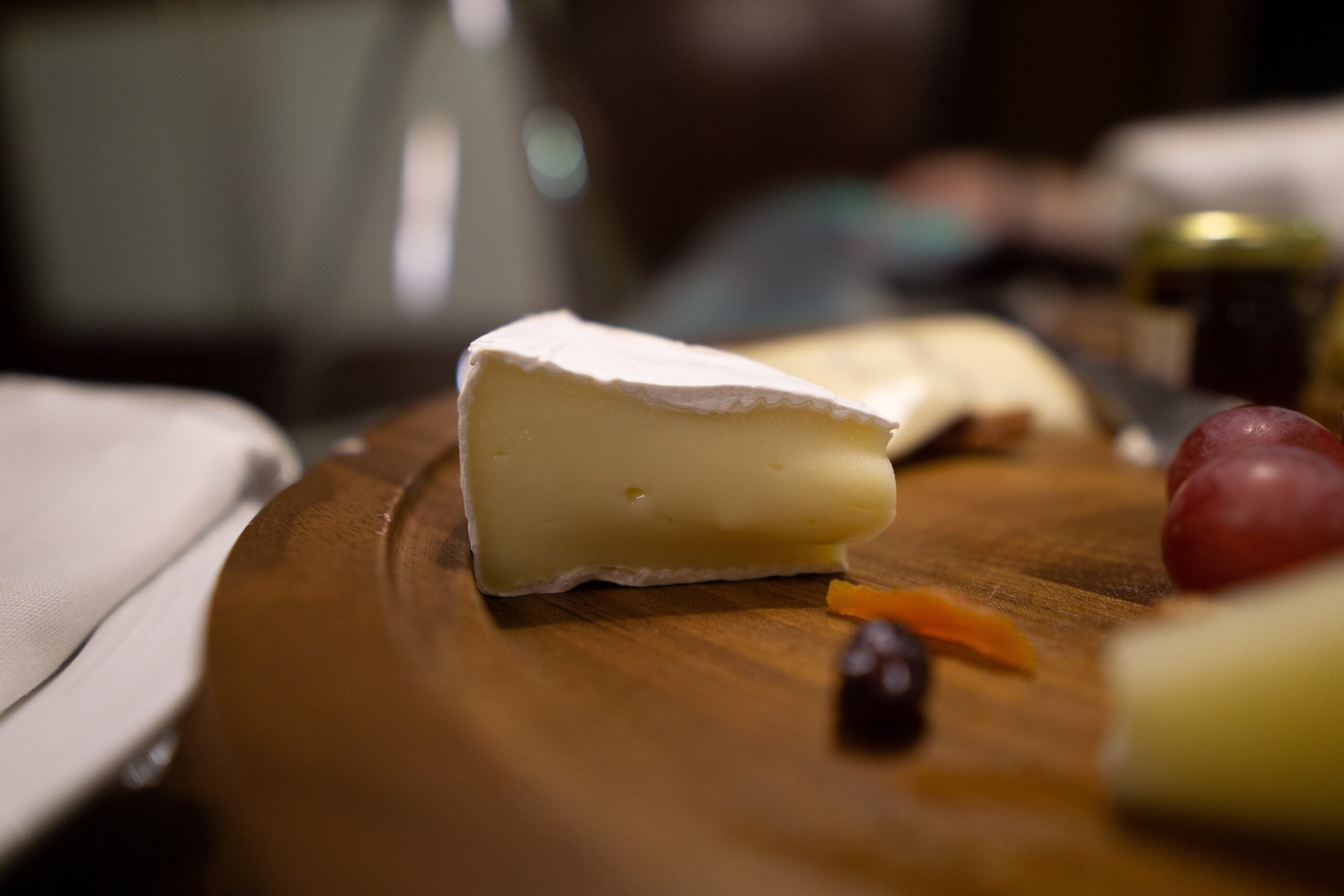
The EU’s dairy industry has warned it will “pay a high price” after the bloc struck a free-trade deal with New Zealand.
Giuseppe Ambrosi, the president of the European Dairy Association, said the agreement “does give a unilateral advantage to the NZ dairy industry”.

Discover B2B Marketing That Performs
Combine business intelligence and editorial excellence to reach engaged professionals across 36 leading media platforms.
In France, dairy sector representatives were stronger in their opposition to the deal, describing the agreement as “an economic nonsense that threatens French agri-food sovereignty”.
The pact, unveiled on Thursday (30 June), remains subject to approval by both the European Parliament and EU governments.
However, both the EU and NZ have hailed the deal. European Commission President Ursula von der Leyen insisted the agreement “brings major opportunities for our companies, our farmers and our consumers, on both sides”. Jacinda Ardern, New Zealand’s Prime Minister, labelled the compact “a strategically important and economically beneficial deal”.
Both sides also sought to talk up the benefits their agri-food industries can derive from the deal. The EU pointed to the end of tariffs on “key exports” such as “pigmeat, wine and sparkling wine, chocolate, sugar confectionery and biscuits”. New Zealand, meanwhile, highlighted the prospect of improved access for companies in fields including dairy and beef.

US Tariffs are shifting - will you react or anticipate?
Don’t let policy changes catch you off guard. Stay proactive with real-time data and expert analysis.
By GlobalDataNevertheless, the EDA’s Ambrosi outlined the association’s concerns with the agreement.
“We fully understand that the European trade policy is of high strategic importance in the new geopolitical environment. Any trade agreement must be tailored in a fair trade and level playing field spirit to achieve at the end a win-win situation. For milk and dairy, this was a near to impossible task from the outset and the outcome does give a unilateral advantage to the NZ dairy industry, pushing the EU concessions to the absolute limit,” Ambrosi said. “The EU dairy sector will do its utmost to continue being resilient and competitive, and we will now have to prepare for the new tougher market conditions.”
In France, dairy sector body the FNIL claimed the deal is “unbalanced in favour of New Zealand dairy products”.
The FNIL said the agreement helps New Zealand find new markets for its dairy products, pointing to the pressure on the country’s sales to China and to the war in Ukraine hitting exports to Russia.
By contrast, the association said the deal “does not bring any convincing gains for French dairy products”.
In a joint statement, FNIL chief executive François-Xavier Huard and Jean-Philippe André, president of the broader French food-industry trade body, said: “This situation is unacceptable for all the players in the dairy sector. This agreement threatens the future of dairy producers who will be the main victims, even though they are already suffering from cost inflation and, in recent years, falling production. Alongside them, all players in the sector are affected, including processing companies that maintain economic activity and jobs in often rural areas.”
Under the terms of the deal, New Zealand’s cheese exporters can use terms such as brie and camembert, although more specific names Brie de Meaux and Camembert de Normandie are protected for producers in France.
Negotiations over the free-trade deal had been ongoing since mid-2018, which could enter force in the next 18 to 24 months, pending approval by both the European Parliament and EU governments.
The agreement will see EU nations trade with the same freedoms enjoyed by countries that already have pacts with the Pacific nation. These include Australia, Canada, Mexico and Vietnam.
It also sees the bloc catch up with former member state the UK, which signed trade deals with Australia and New Zealand in December 2021 and February 2022, respectively. Both deals are yet to enter force.
EU Trade Commissioner Valdis Dombrovskis said the deal was crucial as the trading bloc looks to reduce disruption caused by business withdrawal from Russia.
“It’s clear that we need to diversify away from Russia … (and) look for new markets, supply chains and so forth, and this is exactly what this deal contributes too,” he commented.



